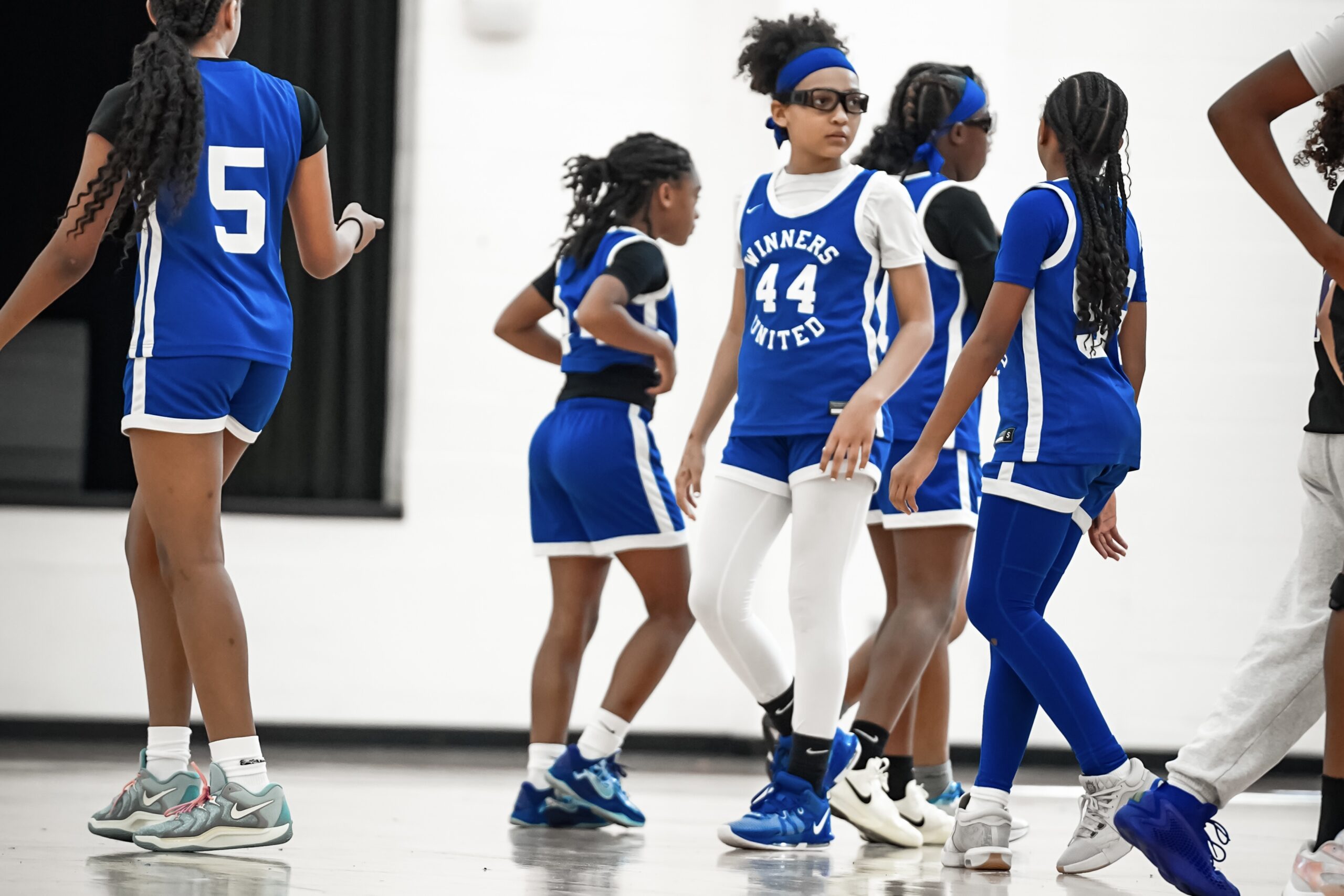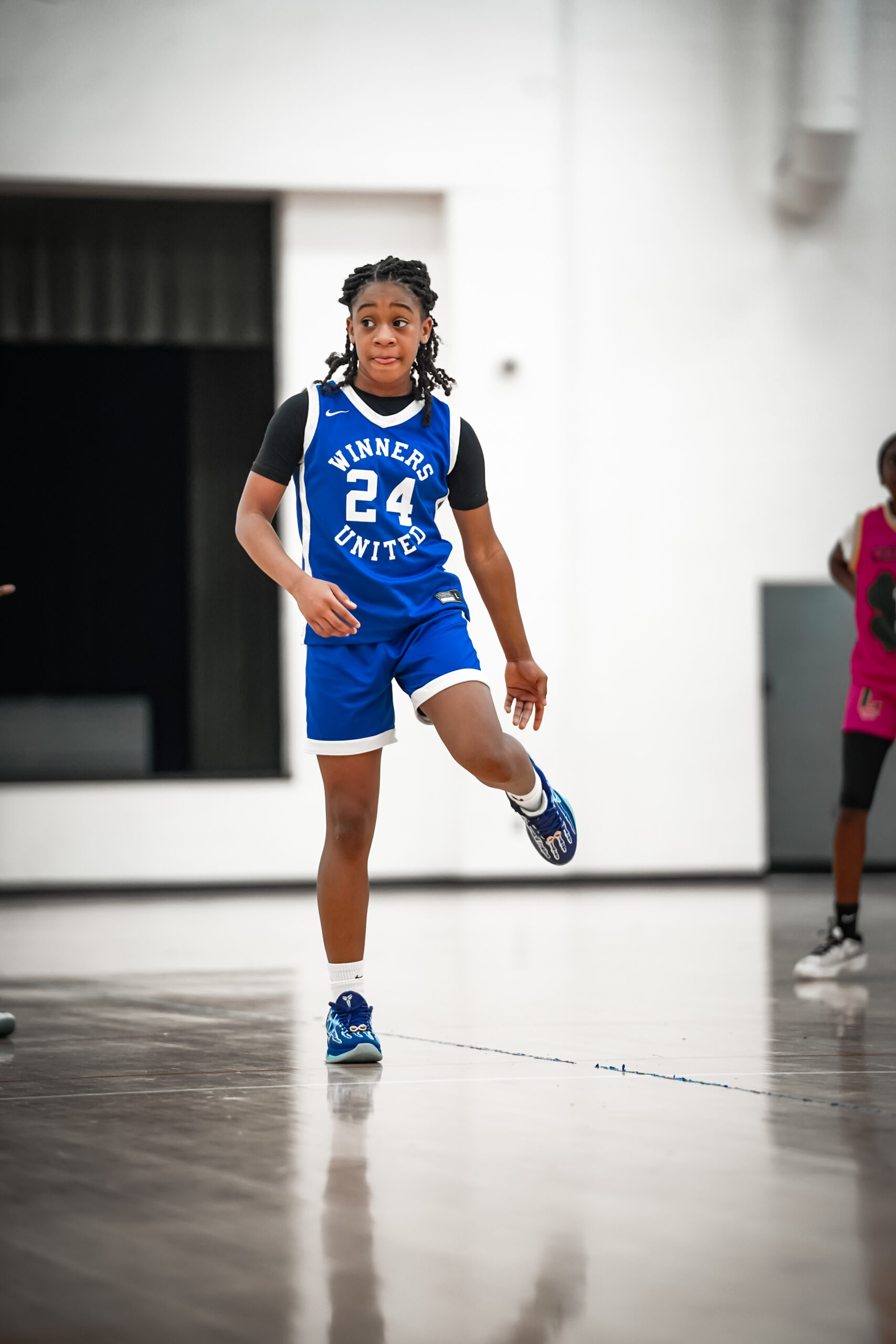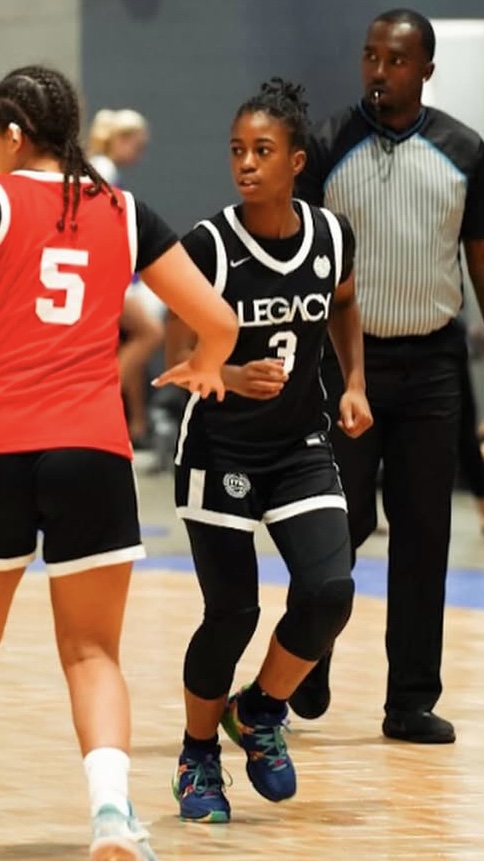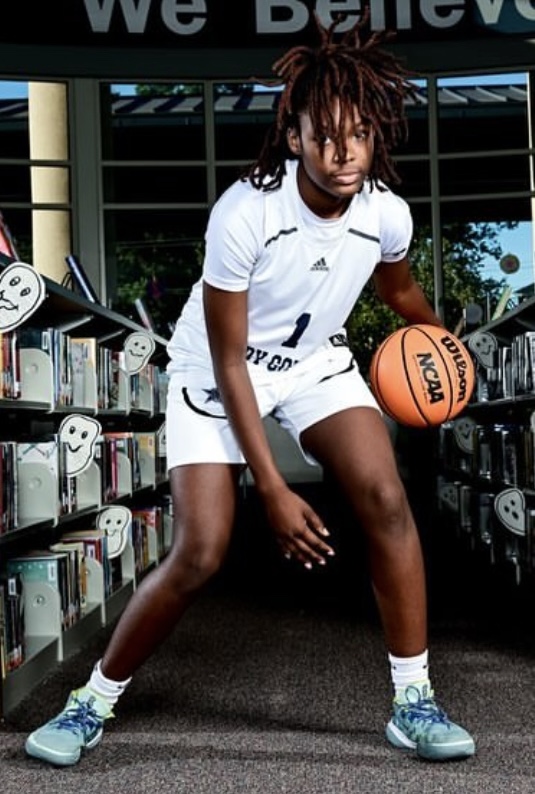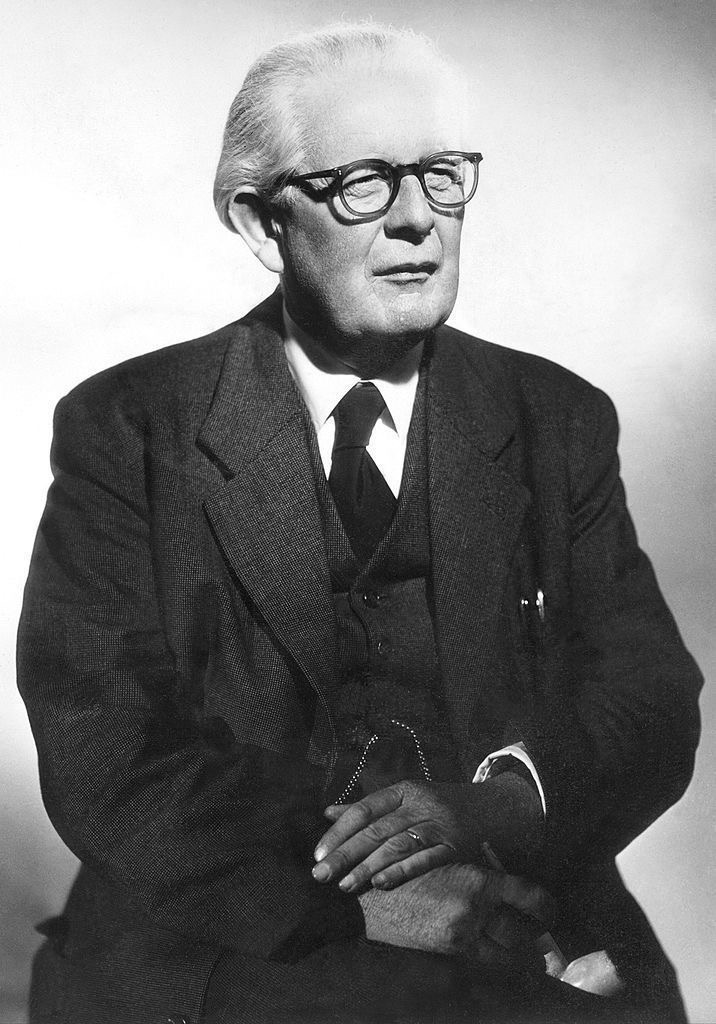
Welcome to “Unlocking the Mind“, your go-to resource for athletes seeking to gain a mental edge by understanding how the mind works. In this blog, we’ll explore the fascinating intersection of sports psychology and the groundbreaking cognitive development theories of Jean Piaget. Whether you’re an athlete, coach, or sports enthusiast, understanding how cognitive development shapes mental performance can elevate your game.
The Power of the Mind in Sports
Every athlete knows the importance of physical training, but mental preparation often takes a back seat. Confidence, decision-making, focus, and adaptability are just as critical as physical endurance and skill. To better understand how these mental faculties develop and influence performance, we turn to Jean Piaget, a Swiss psychologist renowned for his work in cognitive development.
Piaget’s Stages of Cognitive Development and Sports Performance
Piaget’s theories provide a lens to examine how athletes think, process information, and solve problems at different stages of their careers. Here’s a breakdown of his stages and their implications for sports:
1. Sensorimotor Stage (Birth–2 Years): Building Foundations
While this stage seems far removed from sports, it lays the groundwork for everything. Infants learn through movement and interaction with their environment. For young athletes, early exposure to sports helps develop motor skills, hand-eye coordination, and body awareness.
Application: Parents and coaches can introduce playful, movement-based activities like swimming or tumbling to encourage motor development.
2. Preoperational Stage (2–7 Years): Learning Through Play
Children at this stage think symbolically and engage in pretend play but struggle with abstract reasoning. This is a critical period for introducing sports in a fun, low-pressure way.
Key Strategies:
– Focus on teaching basic rules and fostering enjoyment.
– Use imaginative games to teach skills indirectly, like pretending a basketball is a rocket ship to encourage shooting practice.
3. Concrete Operational Stage (7–11 Years): Understanding Rules and Strategies
In this stage, children begin to think logically about concrete events. They grasp the rules of sports, understand teamwork, and start applying strategies.
Mental Game Tip:
– Encourage problem-solving: Use real-game scenarios to teach decision-making.
– Build confidence: Positive reinforcement helps kids trust their developing abilities.
4. Formal Operational Stage (12+ Years): Abstract Thinking and Strategy
This stage marks the ability to think abstractly and reason through complex problems. Athletes can now handle intricate strategies, analyze their performance, and adjust their mindset to achieve peak performance.
Applications for Competitive Athletes:
– Visualization: Teach athletes to mentally rehearse plays and strategies.
– Growth Mindset: Use Piaget’s emphasis on adaptation to encourage flexibility and resilience during setbacks.
Key Piagetian Concepts for Athletes
1. Assimilation and Accommodation
Athletes constantly assimilate new experiences into their existing framework of knowledge. However, when new challenges arise (e.g., facing a tougher opponent), accommodation—adjusting mental strategies—is crucial.
Tip: Encourage adaptability by exposing athletes to varied competition levels and situations.
2. Equilibration
Equilibration is the process of maintaining balance between assimilation and accommodation. In sports, this translates to finding a mental equilibrium between confidence and learning from mistakes.
Example: After a tough loss, an athlete may need to adjust their strategy while maintaining belief in their skills.
Practical Exercises for Athletes Based on Piaget’s Theories
1. Scenario Practice (Concrete and Formal Operational Stages)
Create game scenarios where athletes must make quick decisions and adapt to changing conditions.
2. Journaling (Formal Operational Stage)
Encourage athletes to reflect on their performance, identifying patterns and areas for growth.
3. Mindset Drills (All Ages)
Introduce activities that challenge focus, adaptability, and critical thinking. For instance, use multitasking drills to simulate high-pressure environments.
Evolving the Mental Game
Jean Piaget’s theories remind us that mental growth is a process. Athletes develop cognitively as they mature, and their mental game evolves with their physical skills. By understanding these stages, coaches, parents, and athletes can tailor training to foster not just better players but smarter, more adaptable ones.
Stay tuned for more insights on the mental game, and remember: success starts in the mind. Whether you’re a young athlete or a seasoned pro, there’s always room to grow—mentally and physically.
What’s your take?
Have you noticed how your thinking or mental game has changed over time? Share your experiences in the comments below!


